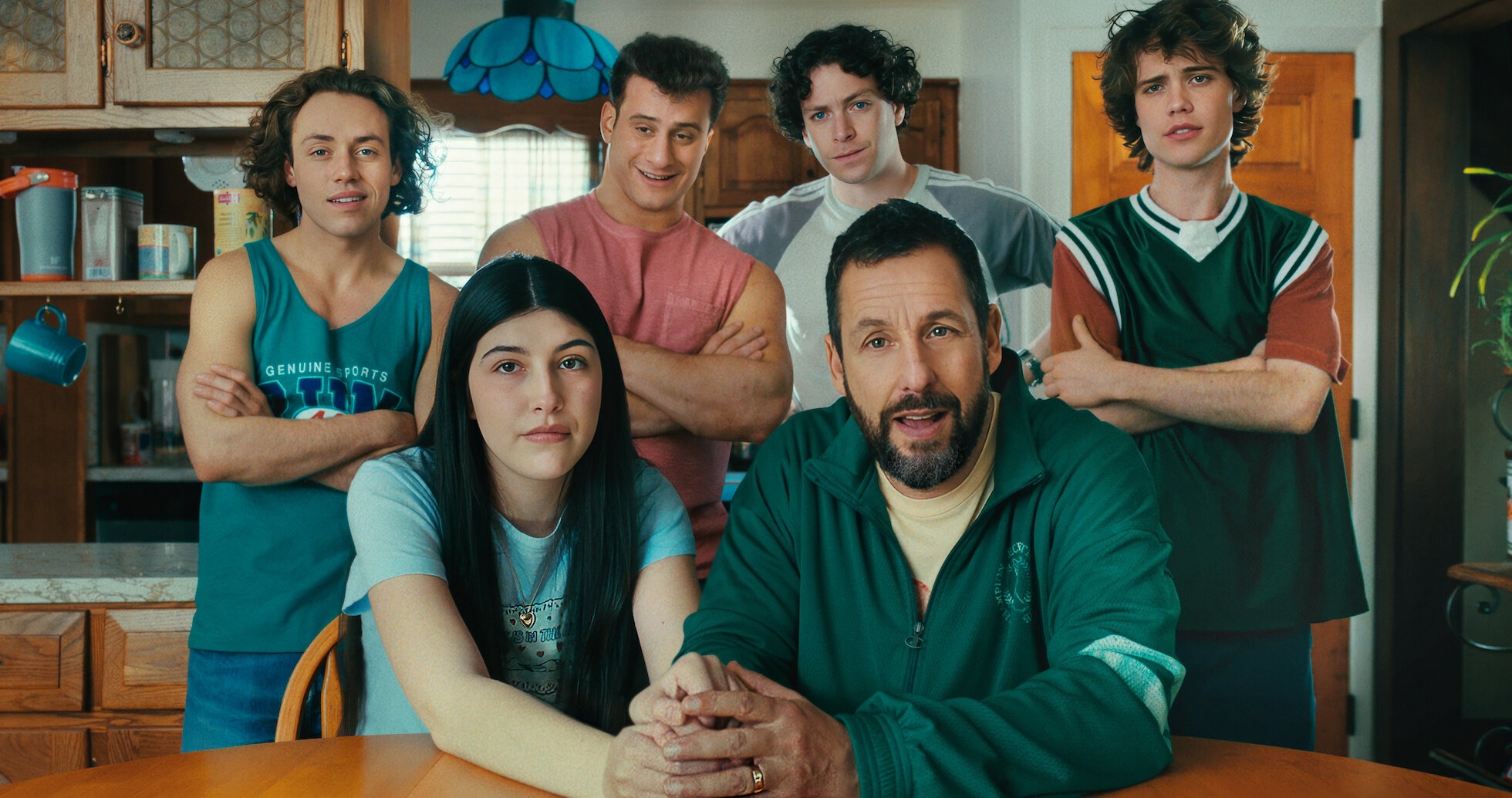Robert Kyncl has unveiled a sweeping plan to trim $300 million in annual expenses at Warner Music Group, telling employees the company must “future-proof” itself by becoming faster, leaner and more digital.

The CEO’s internal memo, sent July 1, outlines $170 million in “headcount rightsizing” and another $130 million in administrative and real-estate savings. latimes.commusicbusinessworldwide.com
Why Now?
After two years of incremental belt-tightening, Robert Kyncl said the new target is designed “to unlock the next era of growth” amid softer earnings and intensifying catalog-buying competition. In May, Warner’s quarterly results missed Wall Street expectations, even as new acts such as Alex Warren (“Ordinary”) and Sombr kept the label on Spotify’s Global 50 for 10 straight weeks. latimes.com
Impact on Staff
The memo does not give a layoff number, but analysts estimate that saving $170 million in payroll could eliminate roughly 800-900 positions worldwide, depending on severance and benefit obligations.
“These decisions are not being made lightly…it will be difficult to say goodbye to talented people,” Robert Kyncl wrote, promising “empathy and integrity” throughout the next three months of notifications. latimes.com
Strategic Reinvestment
While jobs vanish, Robert Kyncl stressed that the money will be redeployed into A&R, catalog acquisitions and data tools.

The label will expand its WMG Pulse analytics app, refine its supply-chain tech and double down on global repertoire hubs.
“We’re putting more money behind the music,” the CEO wrote, citing a sharpened investment rubric that ranks projects by cultural potency, long-tail revenue and cross-platform potential. musicbusinessworldwide.com
Bain Capital Joint Venture
Hours before the memo landed, Warner announced a $1.2 billion partnership with Bain Capital to buy “timeless” master and publishing rights—a move that gives Robert Kyncl new firepower to compete in the overheated catalog market. Warner will handle marketing and distribution, while Bain injects cash and M&A muscle. reuters.com
Past Rounds, Future Targets
This is the company’s second major downsizing under Robert Kyncl. Last year, about 750 roles were cut, generating $260 million in annual savings. When the new tranche is complete—most changes by October, the rest in fiscal 2026—Warner expects to have carved more than $560 million from its cost base in under three years, a structural shift comparable to rival Sony Music’s 2019-21 transformation. businessday.ngcompletemusicupdate.com
Pressure Points
Streaming growth remains solid, but margin pressure is rising as licensing fees climb and artificial-intelligence startups jostle for listener attention. Robert Kyncl argues that a slimmer org chart will let regional teams spot trends earlier and move marketing dollars faster. Critics counter that deep cuts risk morale and institutional knowledge—two intangibles that help discover and break new artists.
Artist & Songwriter Concerns
Warner insists creative budgets are protected, but some managers privately worry about slower turnaround times on royalty queries and DSP pitching. Robert Kyncl sought to allay fears, writing that stronger central services “align our collective efforts with our clearest priorities, making it easier for great artistry and ideas to shine through.” Warner Chappell, for instance, has added data-science headcount even as corporate functions shrink. musicbusinessworldwide.com
Industry Context
Universal Music Group recently told investors it would hold headcount flat for the next two years, while Sony Music has shifted hiring to lower-cost regions. Robert Kyncl is betting that a decisive reset now—combined with an aggressive catalog buying spree—will leave Warner better placed when the next economic cycle turns.
“Our artists have held half of the Top Ten on Spotify’s Global chart for ten weeks,” Robert Kyncl noted. “These aren’t just today’s hits; they’re our evergreen catalog of the future.” latimes.com
How quickly Warner secures those future classics—and whether the leaner workforce can sustain its historic hit-making engine—will define Robert Kyncl’s legacy at the world’s third-largest music company.









